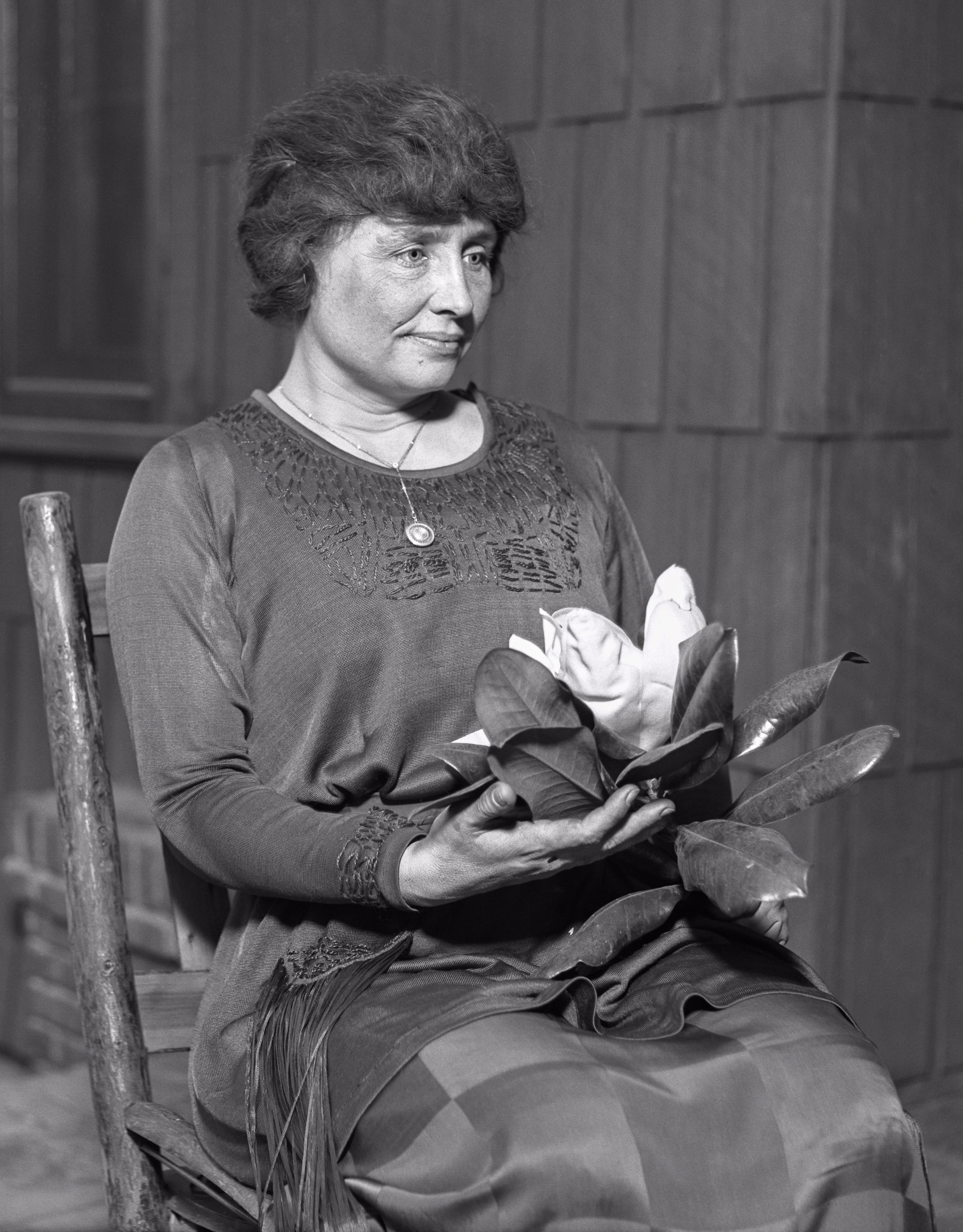By JULIE FOSTER HAGAN
| Assistant Secretary, LDH Office for Citizens with Developmental Disabilities
Every year, March is celebrated as Developmental
Disabilities Awareness Month, a time to highlight those in our communities who
may be affected by a developmental disability. Louisiana Gov. John Bel Edwards
has even declared
March 2019 as Developmental Disabilities Awareness Month in our state.
Louisiana’s legal definition of a developmental disability
is a severe, chronic disability that is attributable to an intellectual or physical
impairment or combination of intellectual and physical impairments that is
manifested before age 22, is likely to continue indefinitely and results in
substantial functional limitations in three or more of the following:
self-care, receptive and expressive language, learning, mobility,
self-direction, capacity for independent living and economic self-sufficiency.
About one in six children in the United States have one or
more developmental disabilities or other developmental delays, according to the
federal Centers for Disease Control and Prevention.
Stories of success
Lots of notable people have been diagnosed with
developmental disabilities — here are just a few.
Stephen Hawking,
the renowned English theoretical physicist, cosmologist and author, was
diagnosed with ALS — more commonly known as Lou Gehrig’s disease — shortly after
he turned 21 years old. This terminal illness affects and kills the neurons
that control the brain and spinal cord, gradually leading to paralysis. Hawking
was given two years to live at the time of his diagnosis, yet defied the odds
and lived to the age of 76. Along the way, he made enormous contributions to
science and disability outreach.
 |
| Stephen Hawking takes a zero-gravity flight in a reduced-gravity aircraft in 2007. |
Helen Keller fell ill at the age of 19 months with what is thought to be either scarlet fever or meningitis, which left her blind and deaf. She had limited communication until age 7, when teacher Anne Sullivan made a breakthrough by spelling the word “water” into one of Keller’s hands as water ran over the other hand. With the world of language at her fingertips, Keller grew up to become the first deaf-blind person to earn a bachelor of arts degree, and an author, political activist and lecturer.
 |
| Helen Keller holds a magnolia circa 1920. |
James Madison was 21 when he began having seizures that left him temporarily immobile. Doctors diagnosed him with epilepsy and, believing a change of climate beneficial, urged him to move to western Virginia. That’s where he discovered public service as his calling. His first office in public service was on the Committee of Safety in Orange County, Virginia. He went on to become an American statesman, one of the Founding Fathers and the fourth president of the United States.
 |
| This portrait of fourth president James Madison hangs in the White House. |
Temple Grandin’s mother
hypothesized her daughter’s symptoms were best explained by autism after coming
across a checklist published by a renowned psychologist, though Grandin didn’t
receive a formal diagnosis until her 40s. She is also an autistic savant who
has become well known for her consultancy in the livestock industry,
championing the humane treatment of livestock for slaughter, as well as her international
activism for people with autism.
 |
| Temple Grandin at a book signing at Rochester Community and Technical College in Rochester, Minnesota. |
Abbey Nicole Curran
was born with cerebral palsy but never let her disability deter her from chasing
her dreams. In 2004, at the age of 16, she founded the Miss You Can Do It
Pageant with the goal of passing on positive feelings to other girls with
disabilities. Four years later, she became Miss Iowa USA 2008 and the first
person with a developmental disability to vie for the title of Miss USA. Curran
has also found success as an author and motivational speaker.
 |
| Former Miss Iowa USA Abbey Nicole Curran started the Miss You Can Do It Pageant. |
Discovering
developmental disabilities
If you are concerned that your child is not meeting
milestones or there may be a problem with your child’s development, talk to
your child’s doctor or health care provider. Your child may be monitored for
developmental delays or problems, and if any are detected, follow up with a
developmental screening. This short test can determine whether your child is
learning basic skills at the expected pace or if there are delays.
If screening finds your child has a developmental delay, get
help as soon as possible. Early identification and intervention are key. The
earlier a developmental delay is discovered, the less your child will have a
chance to be significantly affected.
Contact your local human services
authority or local government entity to find out if your child is eligible
for services from the Louisiana Department of Health’s Office for Citizens with
Developmental Disabilities. The Office also provides a variety of resources
here.

No comments:
Post a Comment